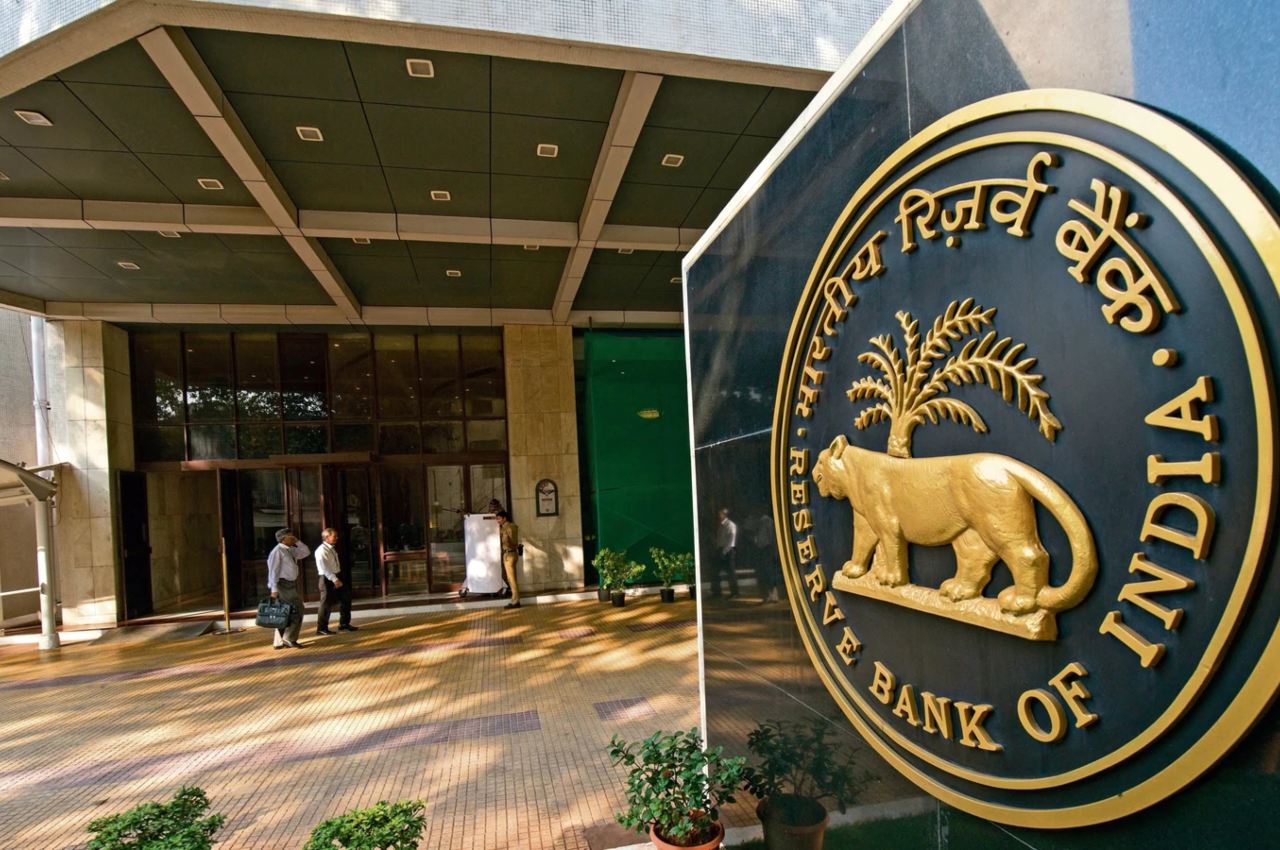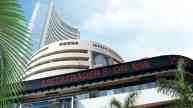New Delhi: The Reserve Bank of India would increase its benchmark interest rate on Friday, economists surveyed by Reuters said, but given the lack of specific direction from the central bank, there was no agreement on the size of the increase.
The RBI, which only started hiking rates in May, is anticipated to front-load upcoming hikes in order to keep up with its international rivals as inflation is running at a near-decade high and the rupee is trading close to a record low.
The 63 economists surveyed between July 25 and August 1 predicted a 25 basis point increase to a 50 basis point increase when the RBI meets on August 5.
26 out of 63 analysts, or more than 40%, predicted that the RBI will raise the repo rate by a significant 50 basis points, to 5.40 percent. Twenty of the 63 respondents, or more than one-quarter, predicted a lower 35 bp increase. Out of 63 people, 14 (22%), said 25 bps, while the final three (3%), said 40 bps.
“The RBI should provide some clarity of thought, but when there’s so much uncertainty, it’s better not to come out with an expectation and then not able to match up to that,” said Kunal Kundu, India economist at Societe Generale, who predicted a 50 bp rise.
A narrow majority of economists, 35 of 63, predicted that the repo rate would already be at 5.75 percent or higher by year’s end, an increase of 10 basis points from a poll conducted in July. The median forecast for the repo rate for the second quarter of 2019 is at least 6 percent.
The RBI has already increased rates twice this cycle, first shocking the markets with a 40 bps increase at an unexpected meeting and then a 50 bps increase in June.
Deutsche Bank’s top economist, Kaushik Das, expressed optimism that the RBI will accept the benefits of front-loading rate increases.
“The RBI can always reduce the pace of rate hikes from September onwards if inflation and growth momentum softens, but we think it is a risky strategy at this stage to be an outlier in delivering less than 50 bp rate hikes.”
With end-2023 projections ranging between 4.75 percent and 6.75 percent, the outlook for the following year was even less certain.
Heavy capital outflows from India, where the RBI has lagged behind in the global tightening cycle, have contributed to the rupee’s decline to historic lows of about 80 rupees to the dollar.
The RBI has limited choices to protect the rupee without depleting its foreign exchange reserves because it is anticipated that the dollar will remain strong in the short to medium term.
20 out of 38 respondents who responded to a follow-up question, or little over half, stated that the exchange rate is more important than usual when determining the RBI’s interest rate.
“Front-loaded rate hikes by the RBI will be complementary to their FX intervention towards managing the rupee’s exchange rate,” said Sanjay Mathur, chief economist for Southeast Asia and India at ANZ.










